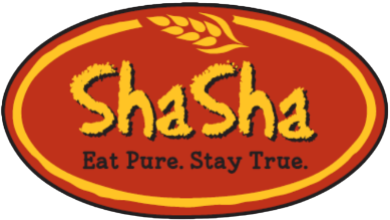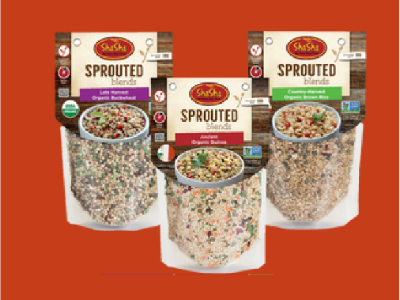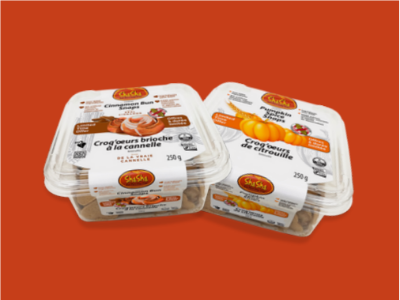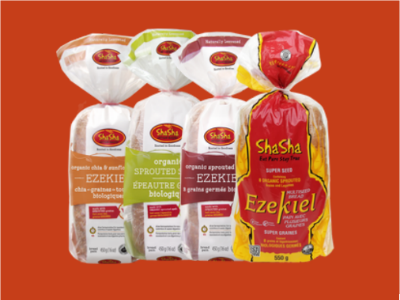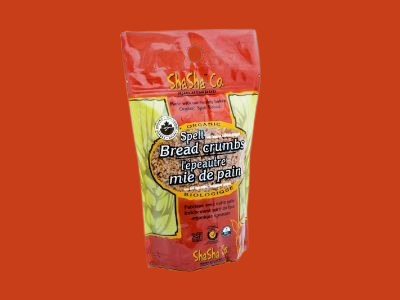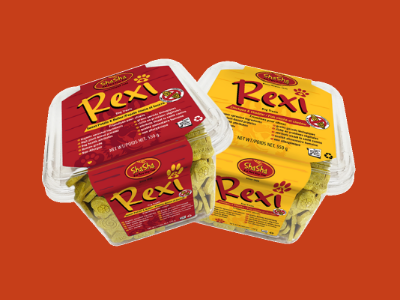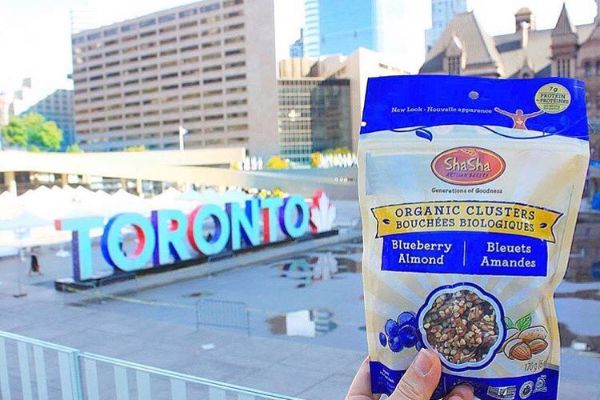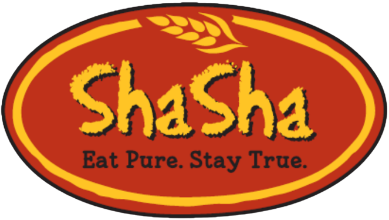 Dementia is a loss of brain function that affects memory, thinking, language, judgment, and behavior and is one of the world’s fastest growing diseases. There are now an estimated 24 million people living with some form of dementia worldwide. Unless there is a major medical breakthrough in the fight against dementia, this number will increase to 84 million who have age-related memory loss by the year 2040.
Dementia is a loss of brain function that affects memory, thinking, language, judgment, and behavior and is one of the world’s fastest growing diseases. There are now an estimated 24 million people living with some form of dementia worldwide. Unless there is a major medical breakthrough in the fight against dementia, this number will increase to 84 million who have age-related memory loss by the year 2040.
Dementia aside, having a great memory is a huge advantage at any age. Imagine how much smarter you’d be if you remembered everything you read, everything people told you and all the information you garnered from the TV and Internet. You’d be the human Google!
Now you can eat your way to a good memory. By providing your brain with all the foods it needs to function optimally, you can improve your memory significantly.
Berries
Free radicals attack and damage brain cells. Fight back with antioxidants found in berries (particularly blueberries). Antioxidants attach themselves to the free radicals and neutralize them. Just a ¼ cup of berries a day can incur a noticeable improvement in memory. If berries aren’t in season, try oranges which also have a high antioxidant value. Other foods with a high antioxidant values include garlic, leeks and onions, green tea, red wine, broccoli and spinach. Speaking of spinach….
Spinach
Spinach contains vitamins B6 and B12 (both important to brain functioning), potassium, magnesium, and folic acid. Folic acid protects neurons in the brain while the B vitamins increase red blood cell production. More red blood cells mean more memory-boosting oxygen to the brain.
Broccoli and Brussel Sprouts
Good memory requires the constant creation of new connections in the brain. The brain makes the most connections when it is stimulated. That’s why you remember events that occurred when you were emotionally or intellectually stimulated more clearly. Acetylcholine helps to keep the brain stimulated. Broccoli, brussel sprouts and eggs are good sources of choline; a key component of acetylcholine. Dairy and salmon are also really great sources of choline.
Salmon
The Omega-3 fatty acids found in salmon can boost your memory by 15%. Omega-3 can also be found in other foods like mackerel, sardines, trout, prawns and mussels. Oily fish should ideally be consumed twice a week. Vegetarians and vegans must take supplements as the body is not effectively able to produce omega-3 fatty acids.
Tomatoes
Tomatoes contain the powerful antioxidant lycopene that helps protect your brain against free radical damage.

Pumpkin Seeds
Rich in zinc which improves memory and brain functioning, pumpkin seeds are a healthy snack to add to your repertoire. Other great sources of zinc are oysters, wheatgerm, dark chocolate, peanuts and crab meat.
Ginkgo biloba
This is a supplement that can help improve the delivery of oxygen to the brain and thereby improve brain functioning. You can also shop for supplements that are especially designed for improving memory and mental functioning. This is a great choice when you are not getting everything you need from your diet.
Aside from eating your way to a good memory, you can also keep your brain exercised with math problems, crossword puzzles, Sudoku and other intellectual activities. Getting a regular supply of food to the brain is also essential. Your brain only accounts for 2% of your body weight, but it consumes a mind-blowing 20% of your daily calorie intake. If you don’t feed your brain, you won’t be able to think straight. Exercise regularly, eat well and don’t be intellectually lazy! These are the corner stones of keeping your memory in good shape.
